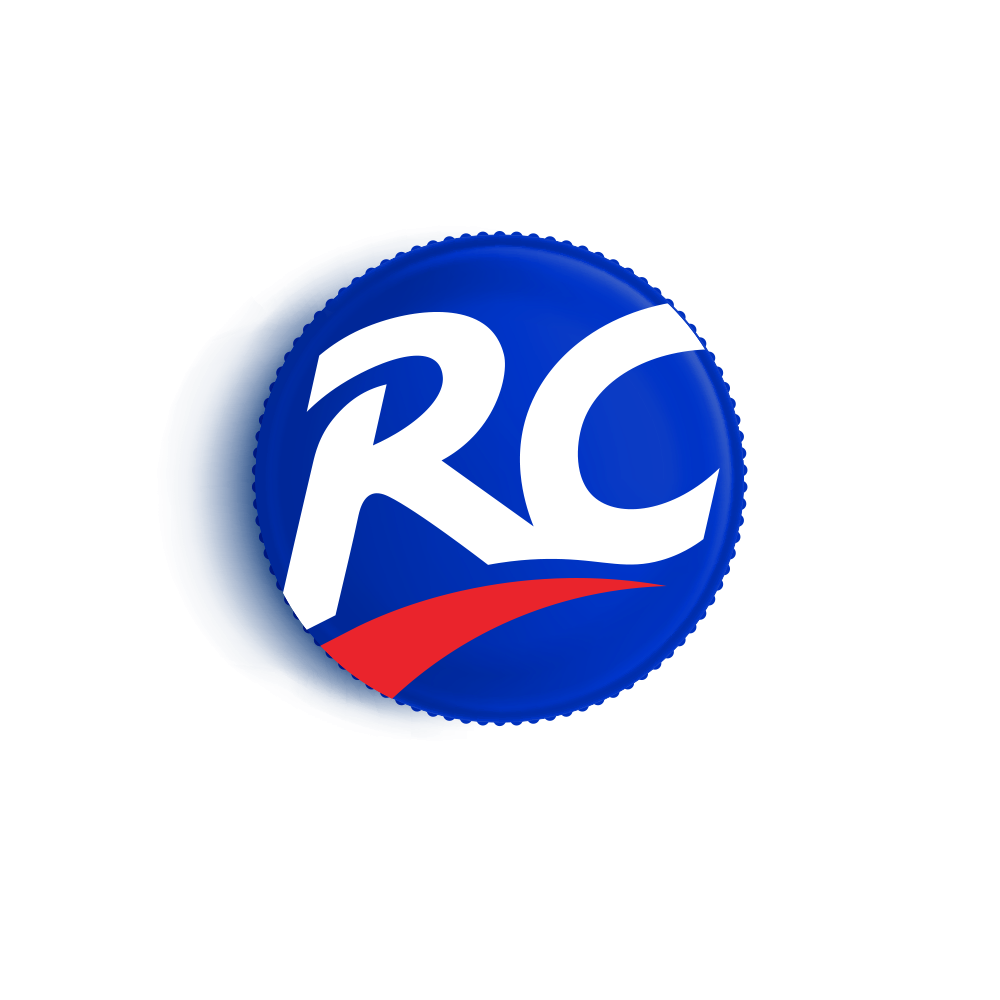As awareness of green corporate practices increases, sustainability has become one of the hottest beverage trends for manufacturers.
While you may think that the main debate around embracing more eco-friendly packaging revolves around glass vs. plastic, there are other materials you might want to look into when developing a sustainable beverage container.
Let’s break down 2021’s biggest trends for beverage manufacturers: alternative, sustainable materials such as aluminum, paper, bioplastics, and even recycled drink packaging.

Aluminum
Aluminum is an industry-leading sustainable material commonly used in beverage packaging. With some 60% of aluminum cans recycled worldwide, and super fast processing that can see a recycled can make it back onto a store shelf within 60 days, it’s no wonder that many brands adopt aluminum as their material of choice for sustainable drink packaging.
Approximately 45 billion aluminum cans are recycled each year in the United States. Robert Budway, president of the Can Manufacturers Institute says that “More than 90 percent of these recycled cans get turned into aluminum sheet used to make new beverage cans.”
Because aluminum has been used for years, the right infrastructure to process the material is already in place. Additionally, because aluminum is a metal and permanent material, it can be reused countless times, without losing its quality or strength.

Paper
Although awareness around the material is still developing, paper is an increasingly popular trend in beverage packaging. With the advent of brands like Boxed Water, paper packaging for beverages has gone significantly more high profile. Boxed Water uses 92% plant-based packaging, along with a plant-based cap. Its cartons are reusable and refillable, but if thrown away, are completely biodegradable.
“Paper is frequently suggested as a substitute for plastic packaging,” said beverage market analyst Drishti Masand. “Several companies are shifting to paper-based packaging to reduce the use of plastics.” But Masand also notes that paper packaging for beverages does have some issues.
“Currently available data suggests that paper packaging generally requires several times more mass to fulfill the same function as its plastic counterpart,” he noted. While paper beverage packaging has yet to be fully explored by many mainstream brands, we’re keeping our eye on this exciting development.

Bioplastics
Bioplastics are an alternative to traditional plastics and a major emerging trend in beverage packaging. The material looks and feels like regular plastic, but is promoted as being better for the Earth. Made with 20% (or more) of renewable materials, bioplastics typically utilize polymers stemming from potato starch, sugar cane, cotton and straw.
While bioplastics are more environmentally friendly than traditional plastics, they aren’t perfect. Some bioplastics are biodegradable, meaning that under the proper conditions, they can be broken down into water, carbon dioxide and compost in a matter of weeks or months. Other bioplastics are compostable, so they can be left at compost sites to naturally decompose.
But certain bioplastics, which are referred to as “durable,” require processing at special waste facilities in order to break down. Many cities and towns don’t have the appropriate equipment to process these durable bioplastics. And if durable bioplastics are deposited in a regular landfill and starved of oxygen, they may emit methane - a greenhouse gas that’s bad for both the planet and human health.
Another drawback of bioplastics is their manufacturing process, which requires more intensive chemical processing and leads to increased factory emissions. The material is also 20 to 50% more expensive than traditional plastics.

Recycled drink packaging
There are large amounts of plastic products already in circulation, which are likely to end up in landfills. By utilizing and repurposing these existing materials, manufacturers can help minimize the impact on the Earth and reduce consumption of virgin materials.
Organic health drink company REBBL recently launched an initiative embracing innovative techniques for repurposing drink packaging. The brand has committed to use 100% post-consumer plastic recycling across all of its products.
“By switching...to 100% post-consumer recycled plastic, greenhouse gas emissions have the potential to be reduced by 922 tons of carbon dioxide,” said REBBL’s CEO, Michelle Kessler. “That’s roughly the equivalent environmental benefit that 1,086 acres of U.S. forests provide in one year.”
This beverage trend is especially relevant for 2021, as brands look for innovative ways to make their packaging greener. Thinking outside the box and making use of existing materials is a great way to establish your brand as an industry innovator.
Whether you choose bioplastics, aluminum, paper or recycled packaging, leveraging these eco-friendly packaging materials can help both your brand’s bottom line, and the Earth. If you want to improve your brand’s sustainability, there are many possibilities beyond regular plastic or glass -- the world is your sustainability oyster! RC Cola International can help provide you with an in-depth evaluation of the advantages and disadvantages of the different packaging options - get in touch with us today.





